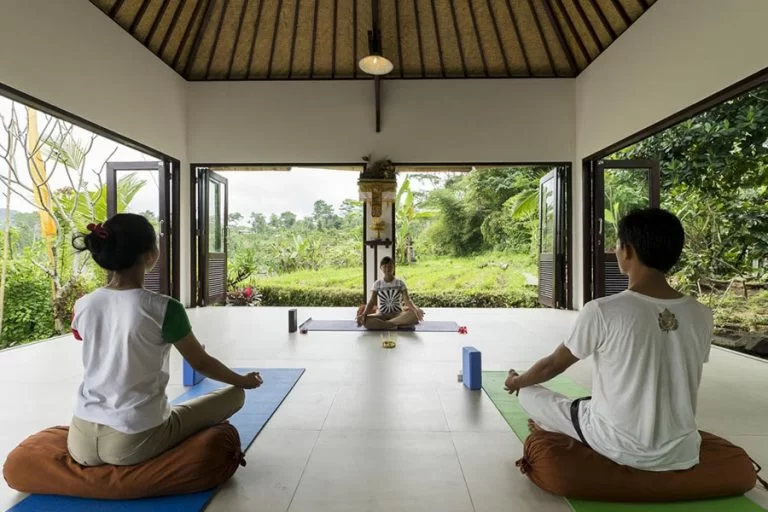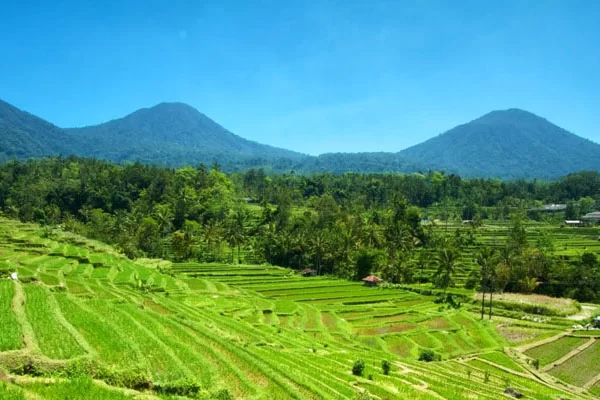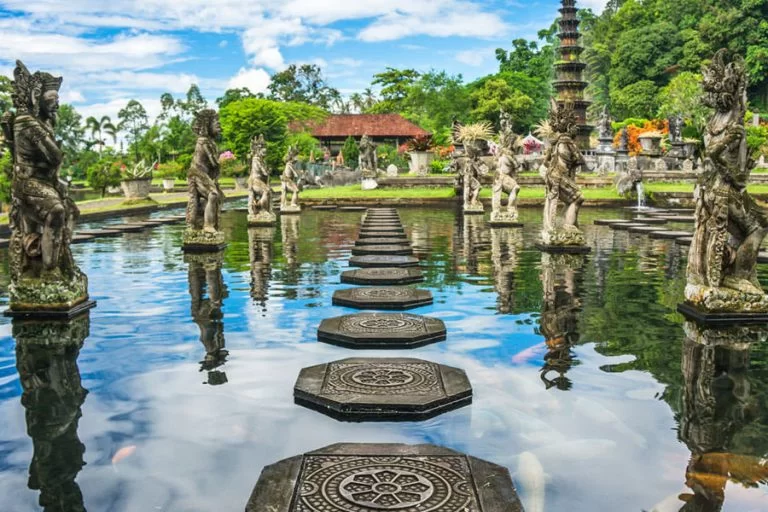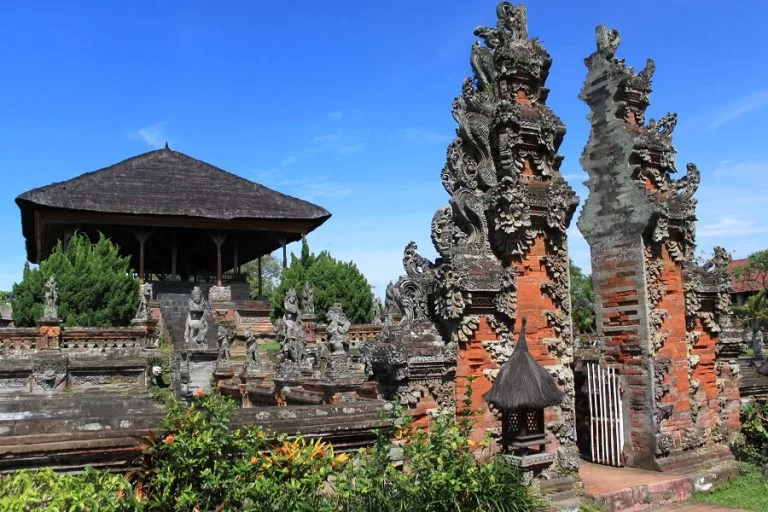Discover Sumba Island Culture



Location
Sumba
Duration
5 Days
Highlight 1
Discover houses with very high roof more than ten meters high
Highlight 2
Visit Pasunga village to see the Greatest stone Grave
Price:
€2950
Details
Itinerary
Gallery
With its rugged undulating savannahs and low limestone hills knitted together with fields of maize and cassava instead of rice, the island of Sumba in East Nusa Tenggara Province offers its own distinct splendors in the eastern part of the Indonesian Archipelago. Sprinkled throughout its countryside are hilltop villages with thatched traditional clan houses clustered around unique megalithic tombs where villagers still pay homage to their ancestors in the ancient belief of Marapu and have retained most of the indigenous culture and traditions for generations. The island is also known for the precious art of handwoven fabric, and the origin of the strong and agile Sumba Ponies or Sandalwood Horses. Located between the islands of Komodo and Sumbawa, and directly facing the Indian Ocean the island is also a surfers' paradise. The large rolling Sumba barrels usually appear between May through October when waves can be either very high and strong or very flat as breaks are directly exposed to wide open ocean swells. This kind of powerful surf, however, though very challenging, should only be ventured by professionals.
Highlights
Sumba Museum, Ratu Wulla ikat textile, Bondu Kapumbu village, Lendungara hills and Sunset at Mananga
Kodi Area to visit Tosi Village, Ratenggaro Village,Pero Beach , this place to see all the house are very high roof more than ten meters high
Praigoli Village to See the kajiwa Stone and Pasola Field
Visit Pasunga village to see the Greatest stone Grave and the traditional houses of Sumbanese
Details
Itinerary
Gallery
With its rugged undulating savannahs and low limestone hills knitted together with fields of maize and cassava instead of rice, the island of Sumba in East Nusa Tenggara Province offers its own distinct splendors in the eastern part of the Indonesian Archipelago. Sprinkled throughout its countryside are hilltop villages with thatched traditional clan houses clustered around unique megalithic tombs where villagers still pay homage to their ancestors in the ancient belief of Marapu and have retained most of the indigenous culture and traditions for generations. The island is also known for the precious art of handwoven fabric, and the origin of the strong and agile Sumba Ponies or Sandalwood Horses. Located between the islands of Komodo and Sumbawa, and directly facing the Indian Ocean the island is also a surfers' paradise. The large rolling Sumba barrels usually appear between May through October when waves can be either very high and strong or very flat as breaks are directly exposed to wide open ocean swells. This kind of powerful surf, however, though very challenging, should only be ventured by professionals.
Highlights
Sumba Museum, Ratu Wulla ikat textile, Bondu Kapumbu village, Lendungara hills and Sunset at Mananga
Kodi Area to visit Tosi Village, Ratenggaro Village,Pero Beach , this place to see all the house are very high roof more than ten meters high
Praigoli Village to See the kajiwa Stone and Pasola Field
Visit Pasunga village to see the Greatest stone Grave and the traditional houses of Sumbanese
Details
Itinerary
Gallery
With its rugged undulating savannahs and low limestone hills knitted together with fields of maize and cassava instead of rice, the island of Sumba in East Nusa Tenggara Province offers its own distinct splendors in the eastern part of the Indonesian Archipelago. Sprinkled throughout its countryside are hilltop villages with thatched traditional clan houses clustered around unique megalithic tombs where villagers still pay homage to their ancestors in the ancient belief of Marapu and have retained most of the indigenous culture and traditions for generations. The island is also known for the precious art of handwoven fabric, and the origin of the strong and agile Sumba Ponies or Sandalwood Horses. Located between the islands of Komodo and Sumbawa, and directly facing the Indian Ocean the island is also a surfers' paradise. The large rolling Sumba barrels usually appear between May through October when waves can be either very high and strong or very flat as breaks are directly exposed to wide open ocean swells. This kind of powerful surf, however, though very challenging, should only be ventured by professionals.
Highlights
Sumba Museum, Ratu Wulla ikat textile, Bondu Kapumbu village, Lendungara hills and Sunset at Mananga
Kodi Area to visit Tosi Village, Ratenggaro Village,Pero Beach , this place to see all the house are very high roof more than ten meters high
Praigoli Village to See the kajiwa Stone and Pasola Field
Visit Pasunga village to see the Greatest stone Grave and the traditional houses of Sumbanese
View more Packages
View all Packages
View all Packages
View all Packages



